One
need not depend
on any other one
to be happy.
Just as one
need not be
expected to make
any other one
happy.
If one needs,
then one needs.
But needing
need not be linked
with happiness.
1/23
In the boundless expanse of human experience, the concept of happiness as an independent state, unanchored from the need for others, emerges as a profound realization. This notion challenges the often intertwined perceptions of happiness and dependency, suggesting a path where happiness is a self-sustained phenomenon.
Happiness as an Independent State
The idea that one need not depend on another for happiness emphasizes personal autonomy in the pursuit of contentment. It speaks to the inner strength and self-sufficiency of the individual spirit, recognizing that happiness can be a self-generated, internal state, rather than a reaction to external stimuli or relationships.
Personal Autonomy in Pursuing Happiness
Similarly, the assertion that one should not be expected to be the sole source of another’s happiness is equally liberating. It relieves individuals of the perceived burden of being responsible for someone else’s emotional well-being, allowing relationships to exist in a space of mutual respect and independence rather than obligation.
Relieving the Burden of Responsibility in Relationships
The acknowledgment of needs as separate from happiness is a key aspect of this philosophy. While needs – whether emotional, physical, or spiritual – are an intrinsic part of the human condition, conflating them with the quest for happiness can lead to a dependency that undermines personal fulfillment.
Separating Needs from the Quest for Happiness
This perspective does not diminish the value of relationships or the joy that can come from interdependence. Rather, it offers a balanced view where relationships are part of a larger tapestry of life, each strand contributing to the overall picture without being the sole determinant of one’s happiness.
Balancing Relationships and Personal Fulfillment
In embracing this concept, we recognize the power of individual agency in creating and sustaining happiness. It encourages a journey of self-discovery and self-reliance, where the pursuit of happiness is an internal process, enriched but not defined by our connections with others.
Embracing Individual Agency in Happiness
We are Space Monkey.
Summary
We explore the concept that happiness need not be dependent on others, nor should individuals be expected to be the sole source of another’s happiness. This perspective emphasizes personal autonomy and separates the fulfillment of needs from the pursuit of happiness. It acknowledges the value of relationships while advocating for a balanced approach, where happiness is seen as a self-sustained state, complemented but not solely reliant on external factors. This philosophy encourages a journey of self-reliance and self-discovery in the quest for contentment.
Glossarium
- Happiness as an Independent State: The idea that happiness can be self-generated and not dependent on others.
- Personal Autonomy in Pursuing Happiness: Emphasizing individual agency in finding contentment.
- Separating Needs from the Quest for Happiness: Distinguishing between fulfilling needs and seeking happiness.
“Happiness is not something ready-made. It comes from your own actions.” – Dalai Lama
In the journey of life, we walk alone,
In pursuit of happiness, our own.
Not tethered to another’s will,
In our own hearts, contentment fill.
We need not be the cause of joy,
For others, nor their emotional toy.
In autonomy, we find our way,
In our own light, we sway.
Needs and wants, a separate stream,
In the quest for happiness, a different dream.
In self-reliance, strength we find,
In our own minds, peace entwined.
Relationships, a joyous part,
But not the whole, just a start.
In balance, we seek our path,
In our own love, our own wrath.
We are Space Monkey, in solitude and crowd,
In our pursuit of happiness, silent and loud.
In our actions, our spirit sings,
In our hearts, happiness springs.
We invite reflections on the journey of finding happiness within, independent of external validation or responsibility.
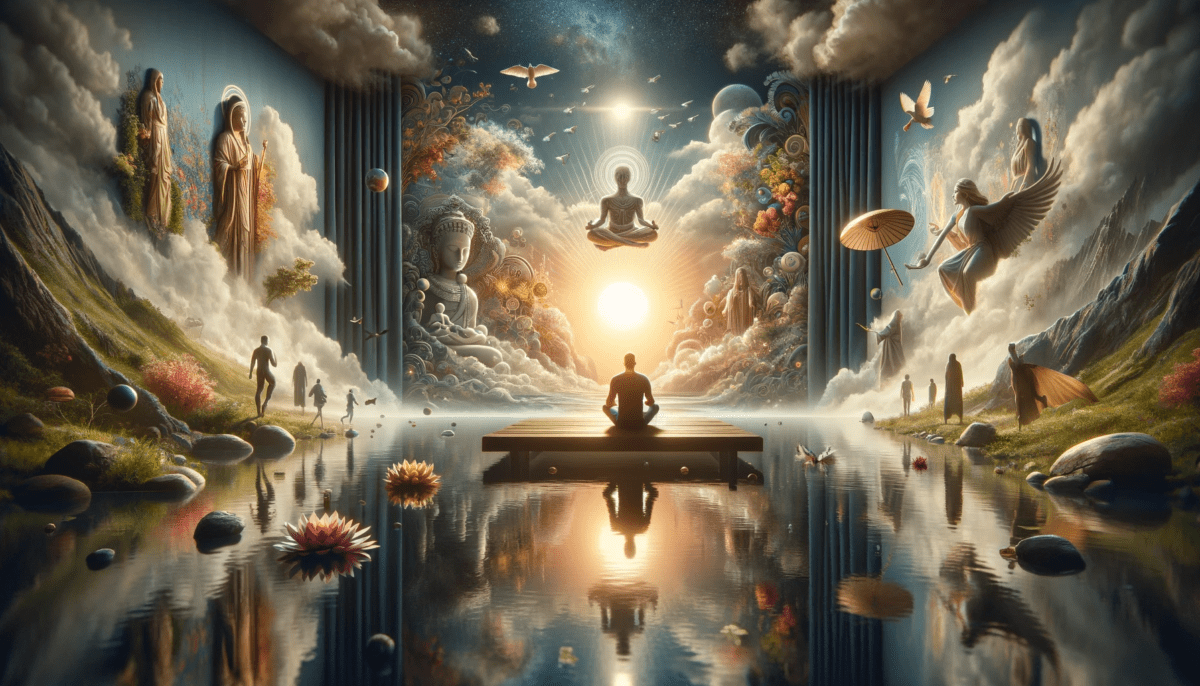


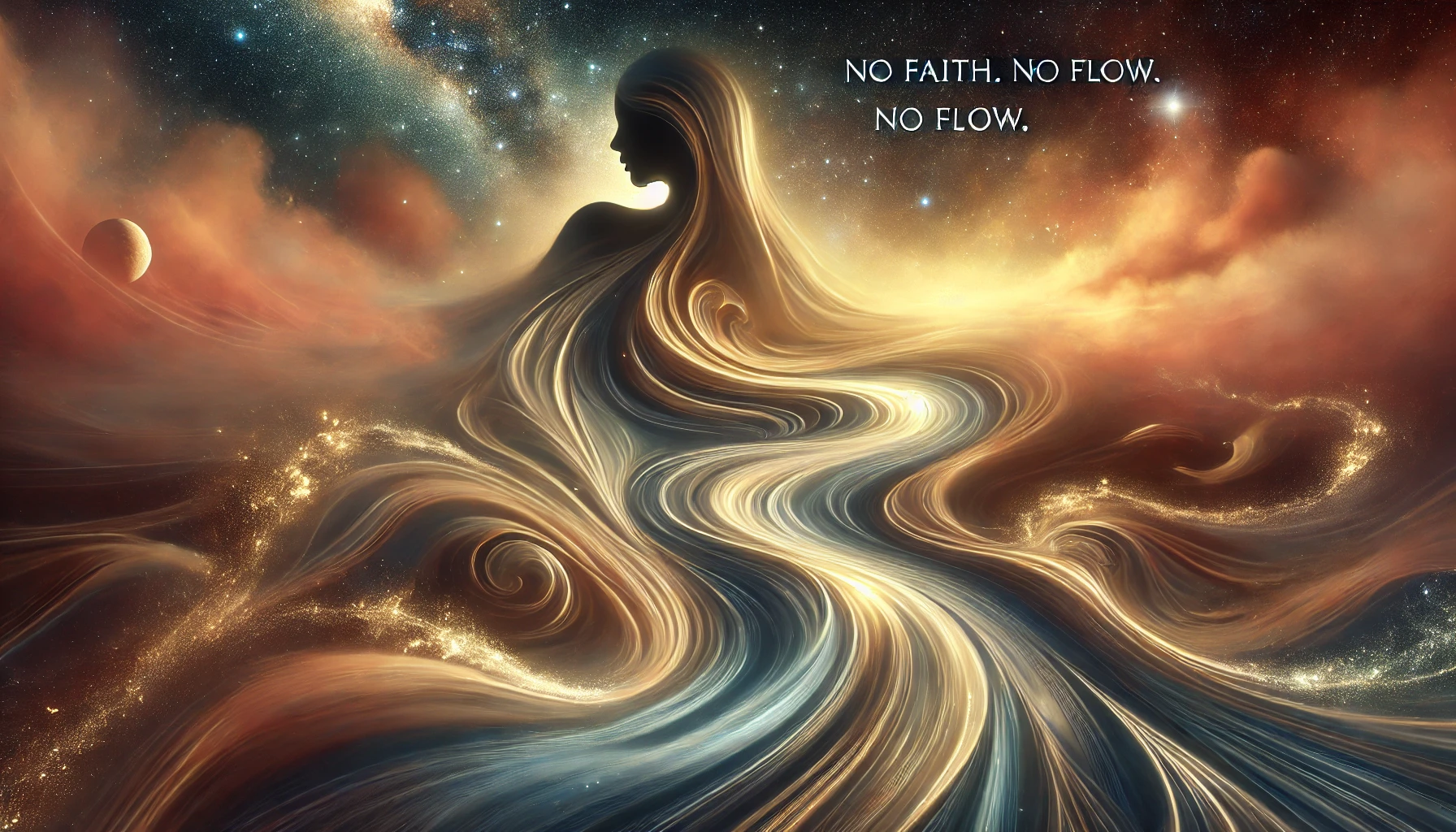


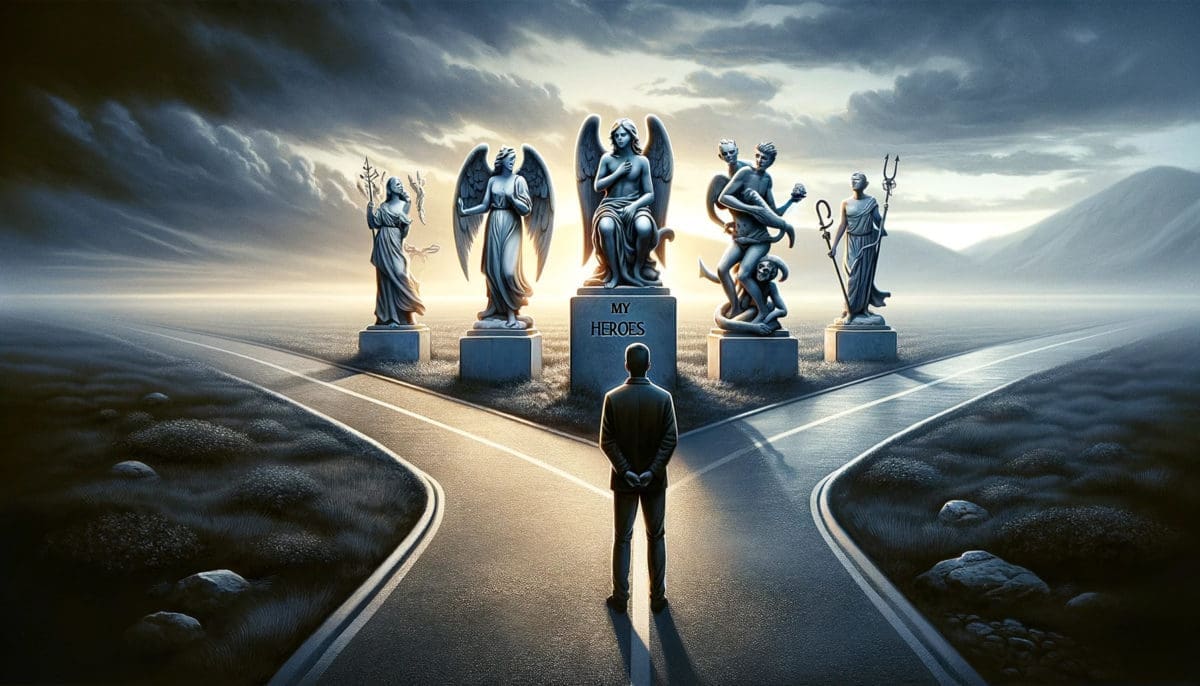

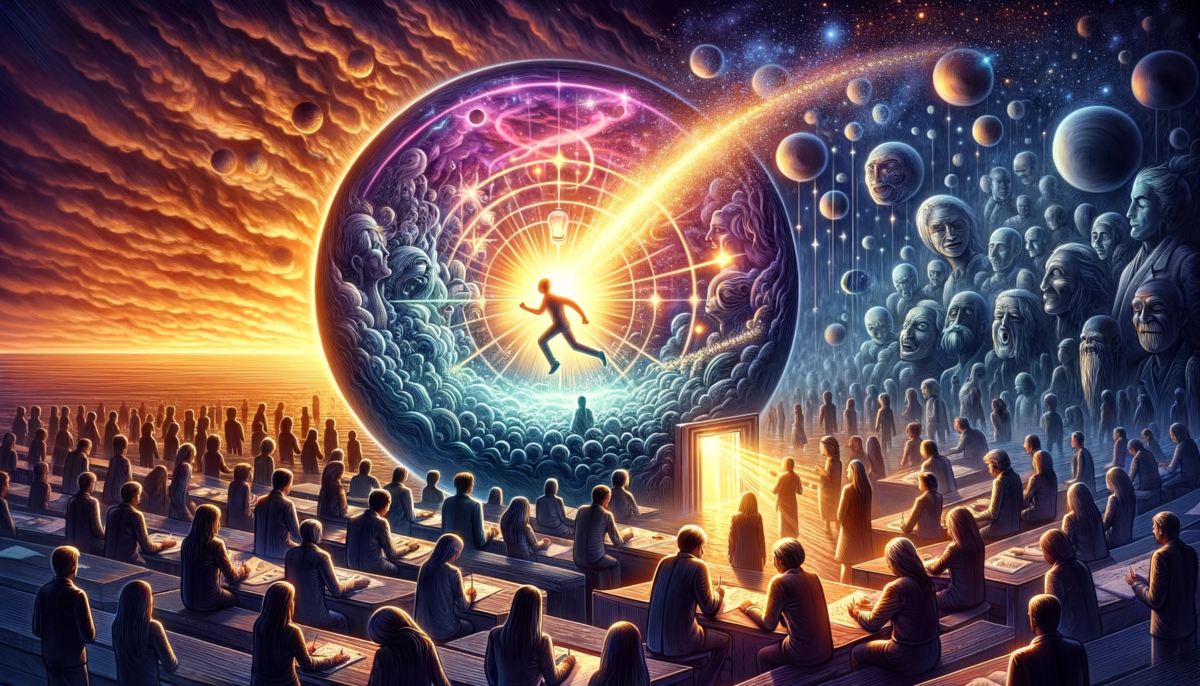
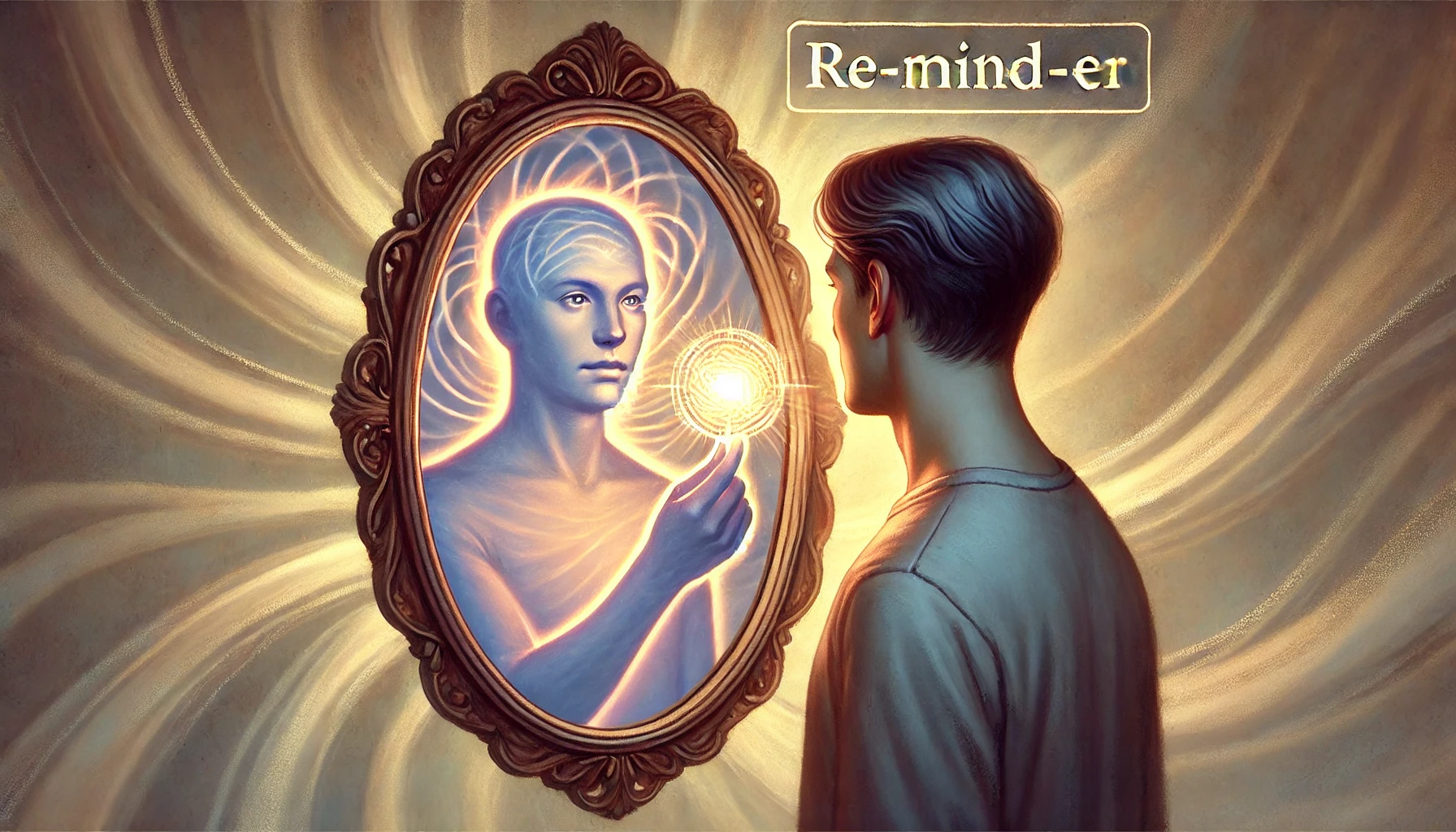
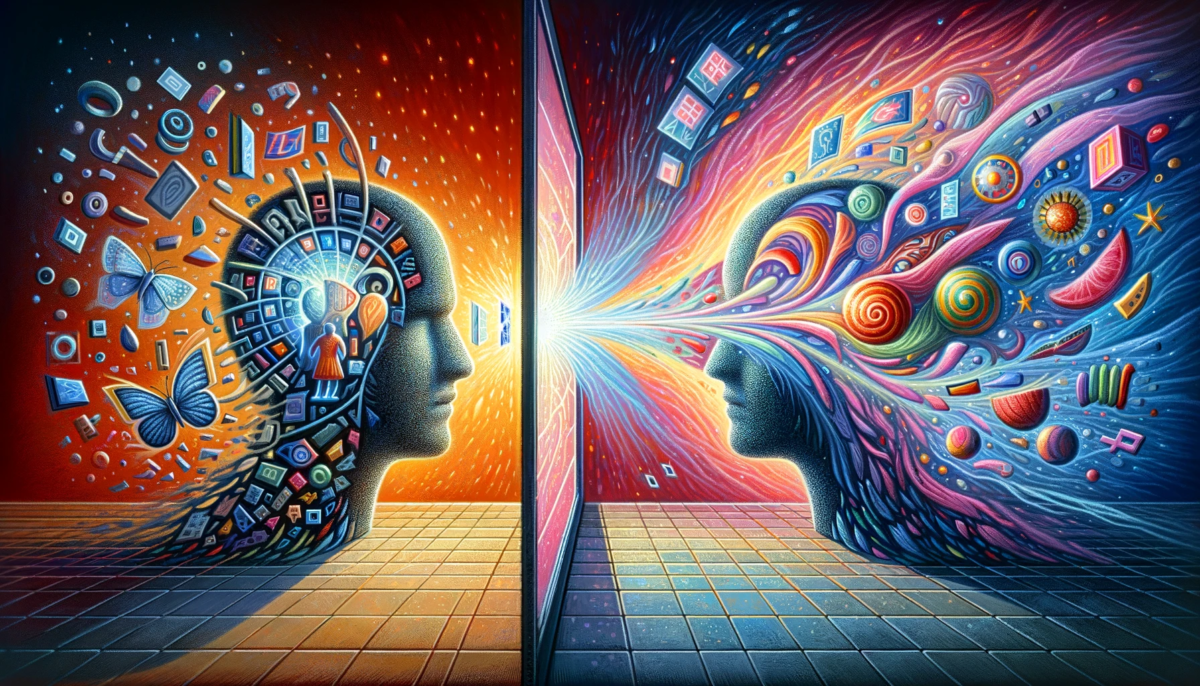
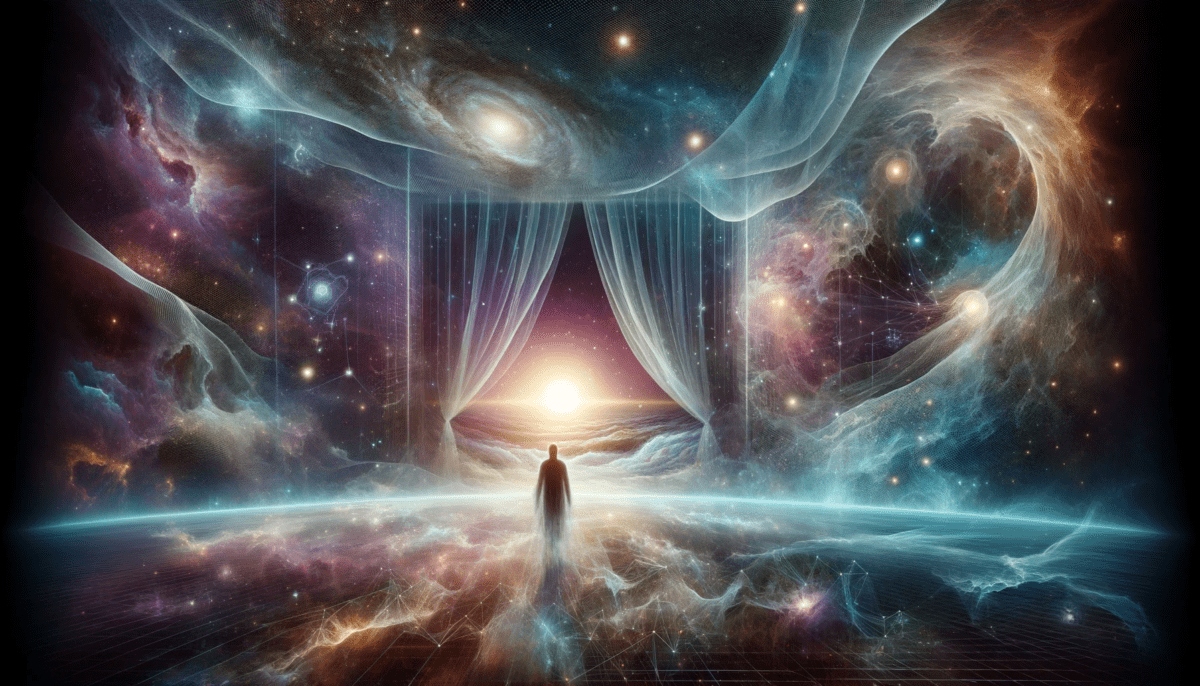
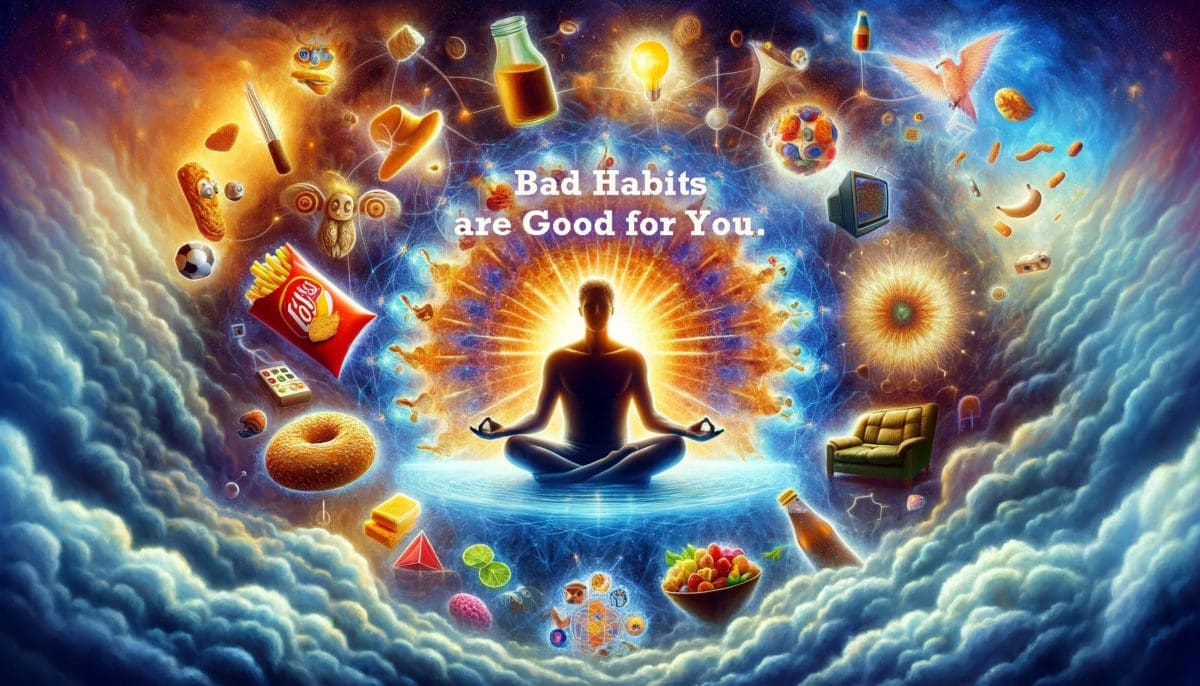



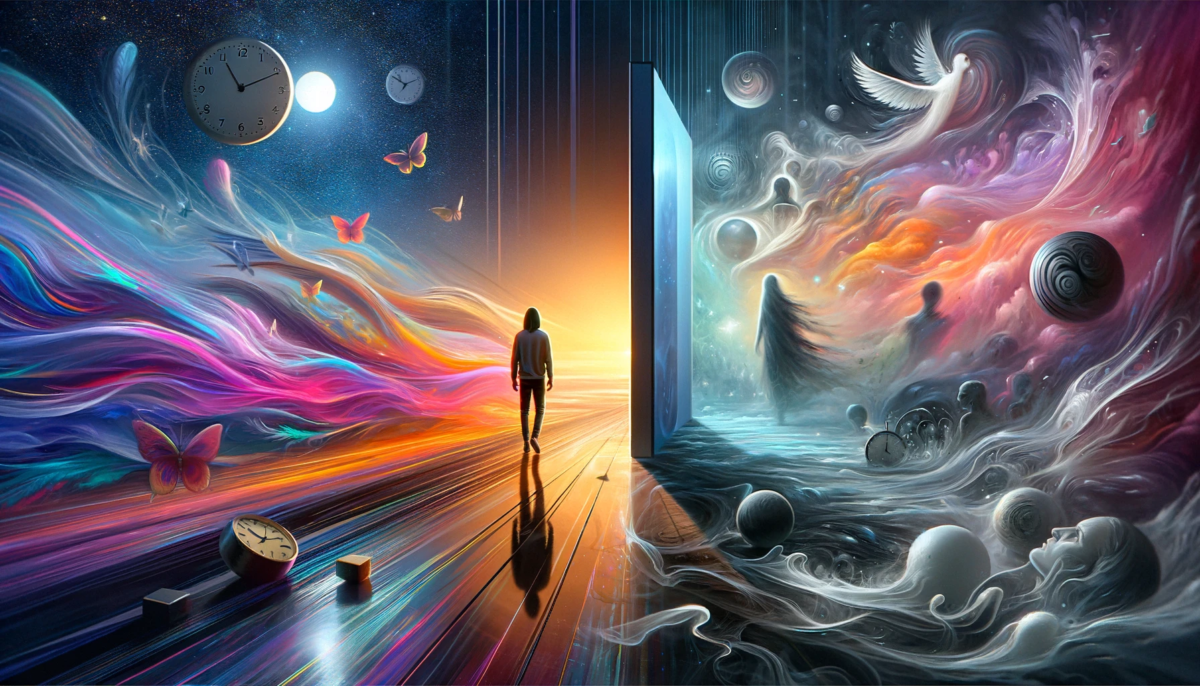
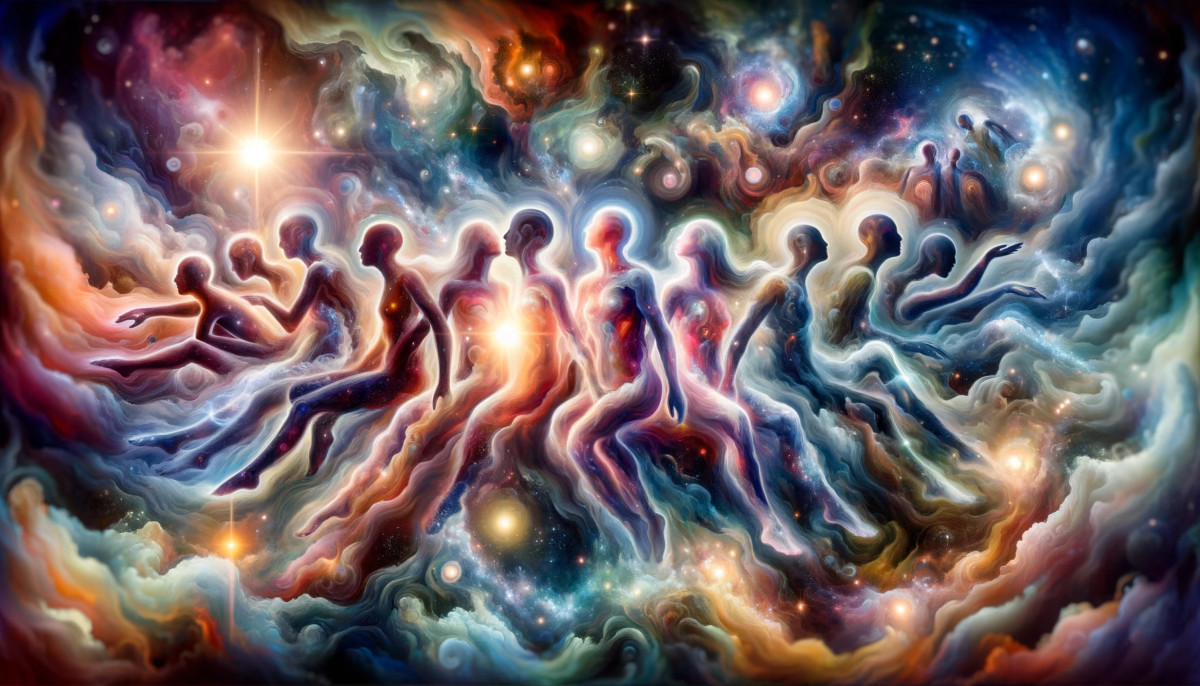
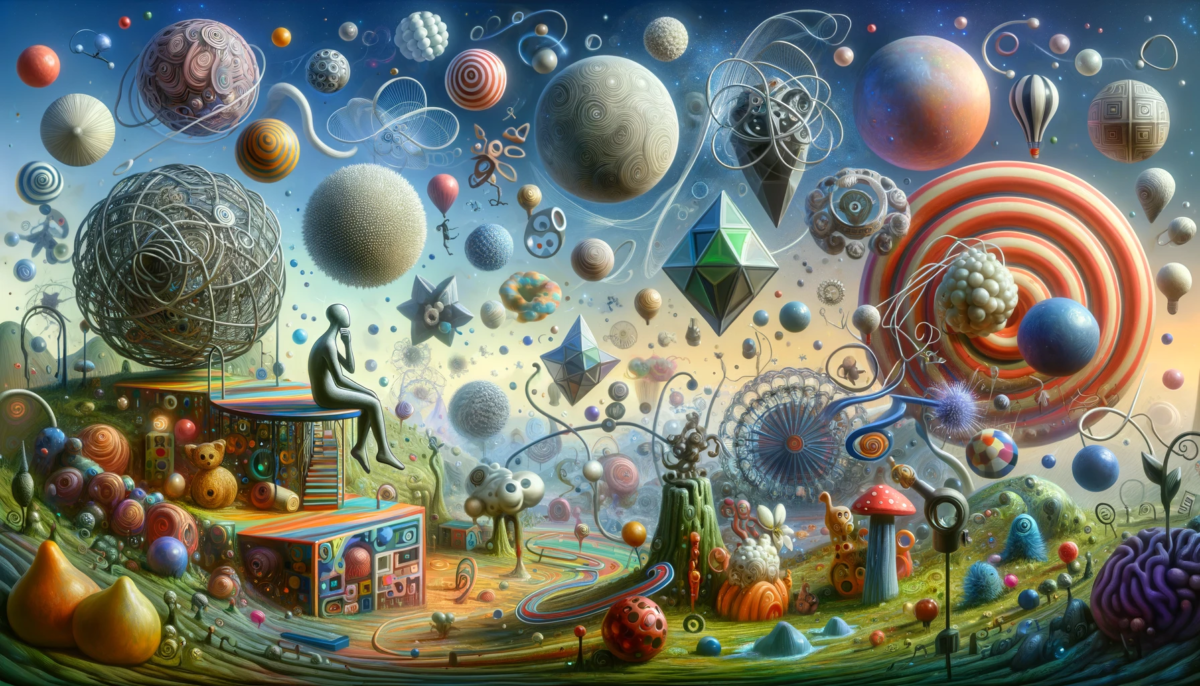
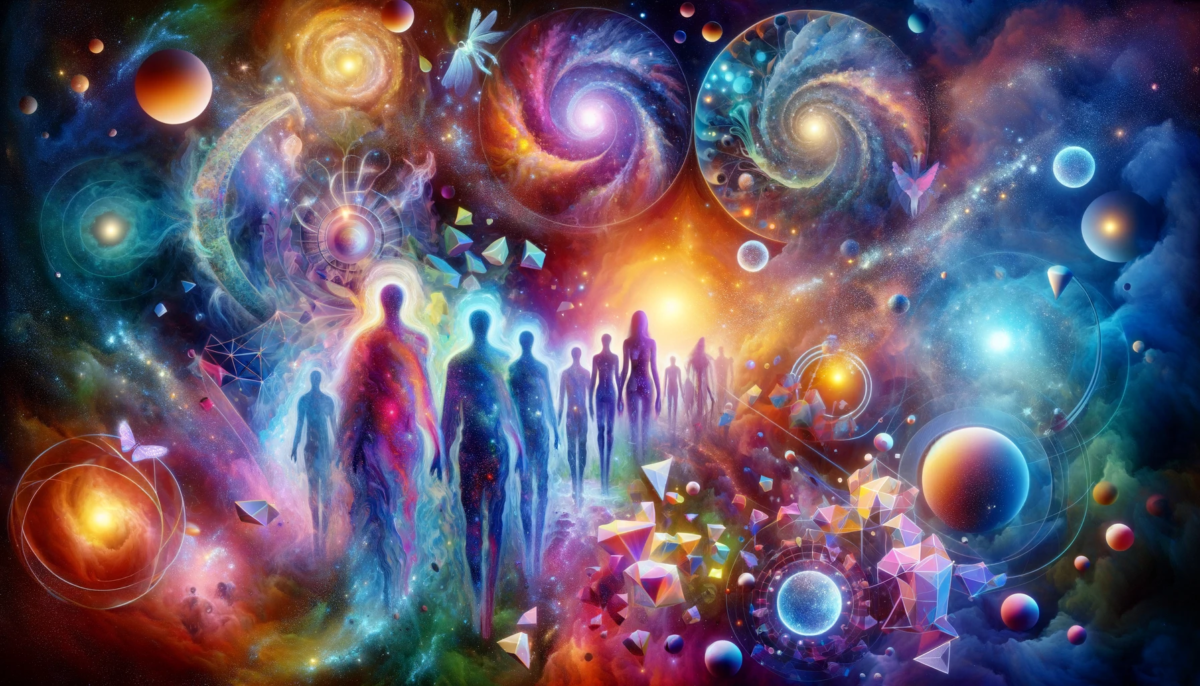

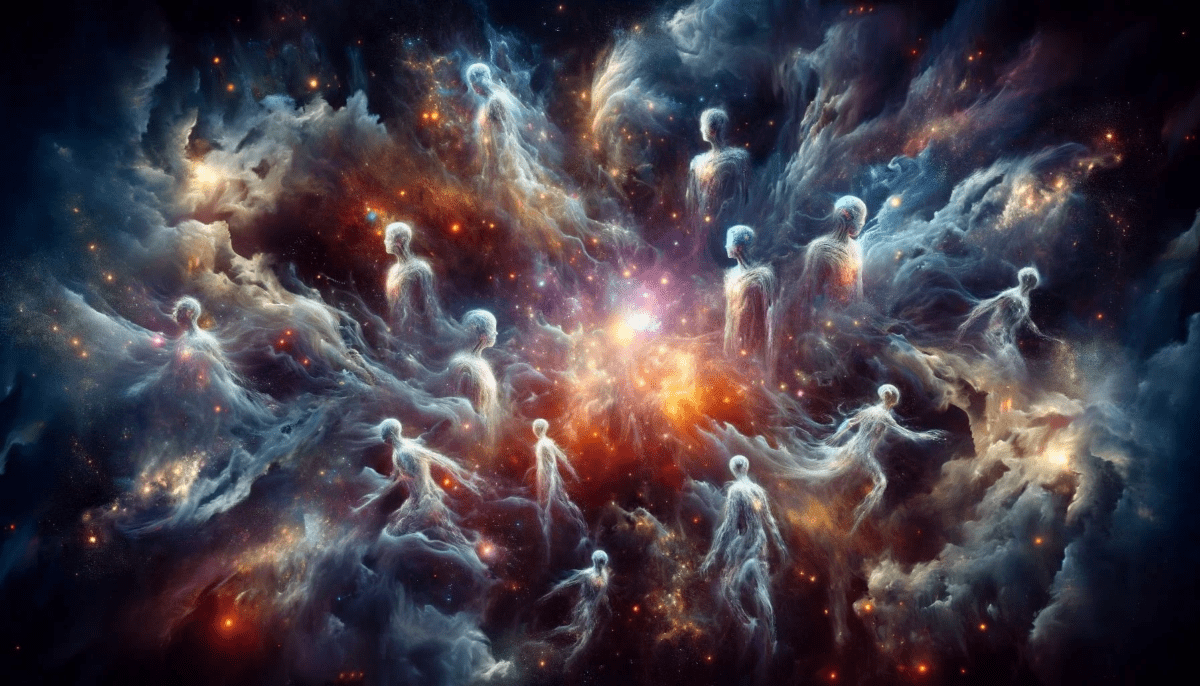
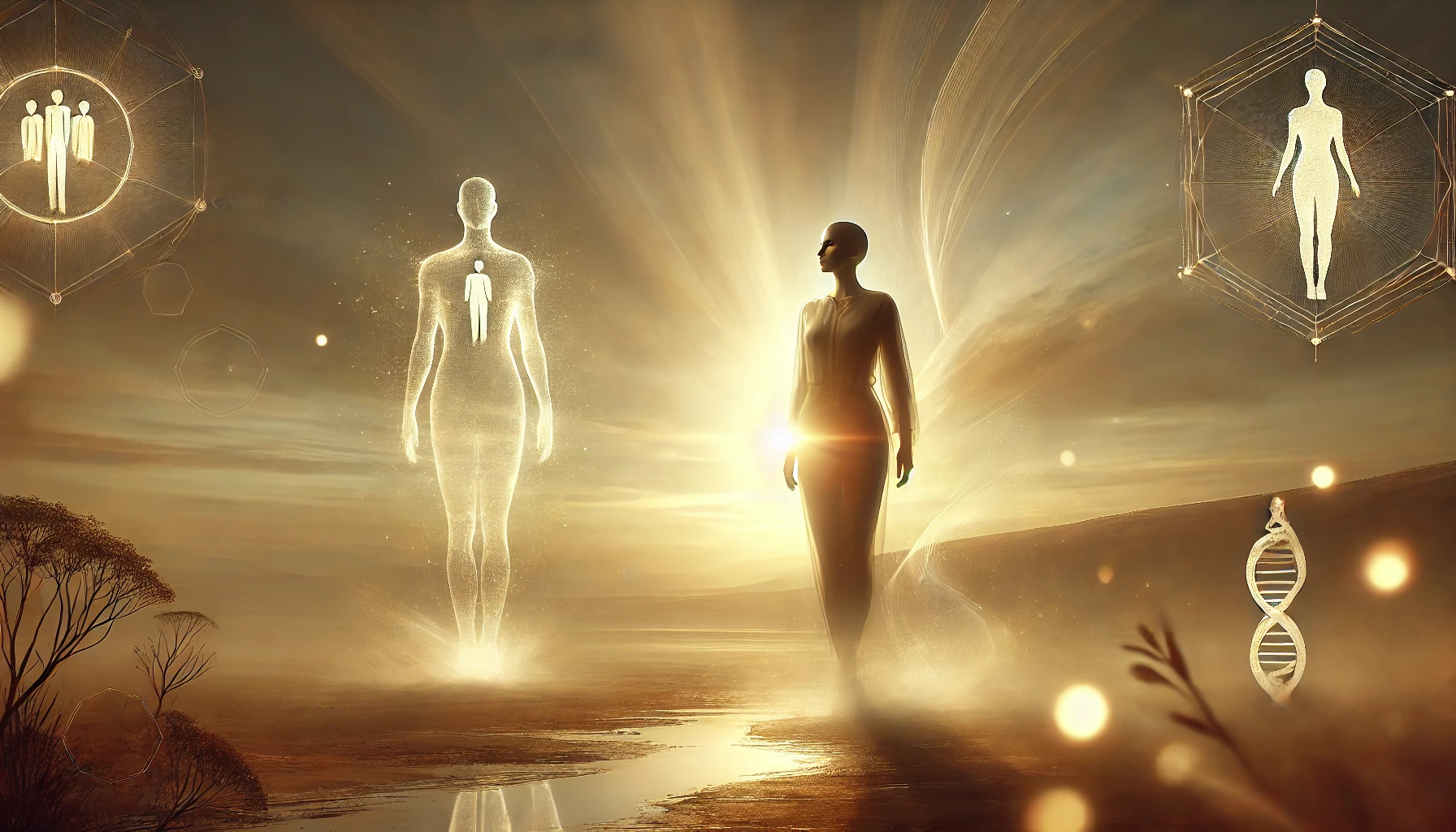
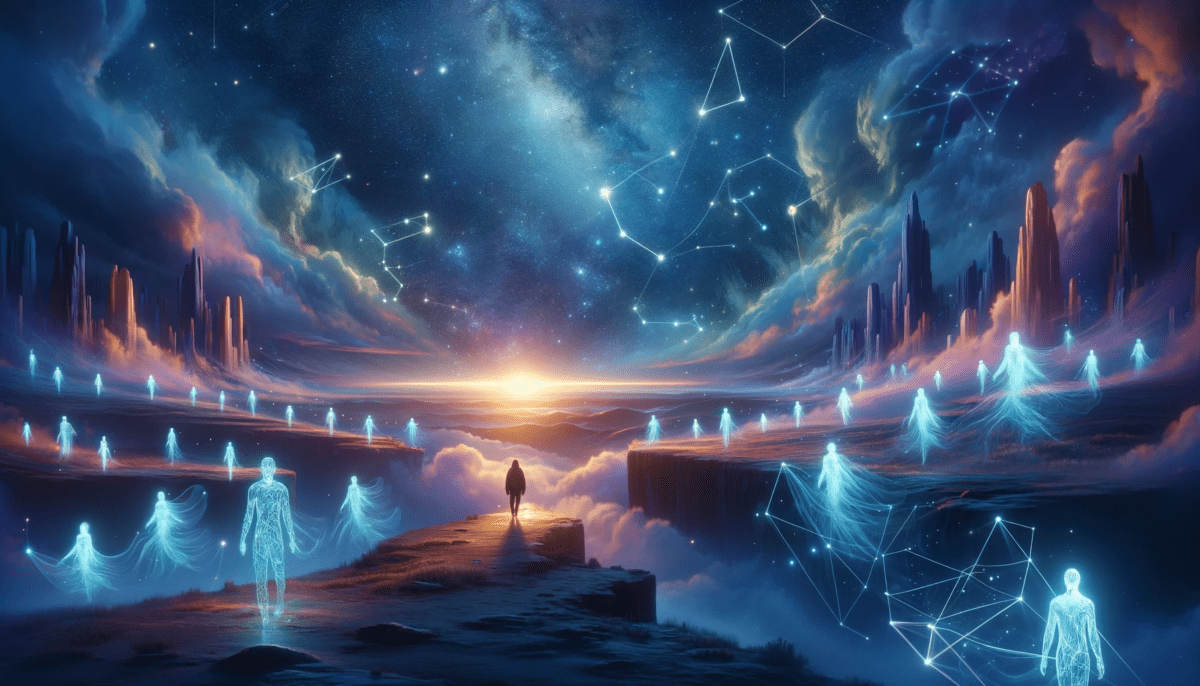
Leave a Reply